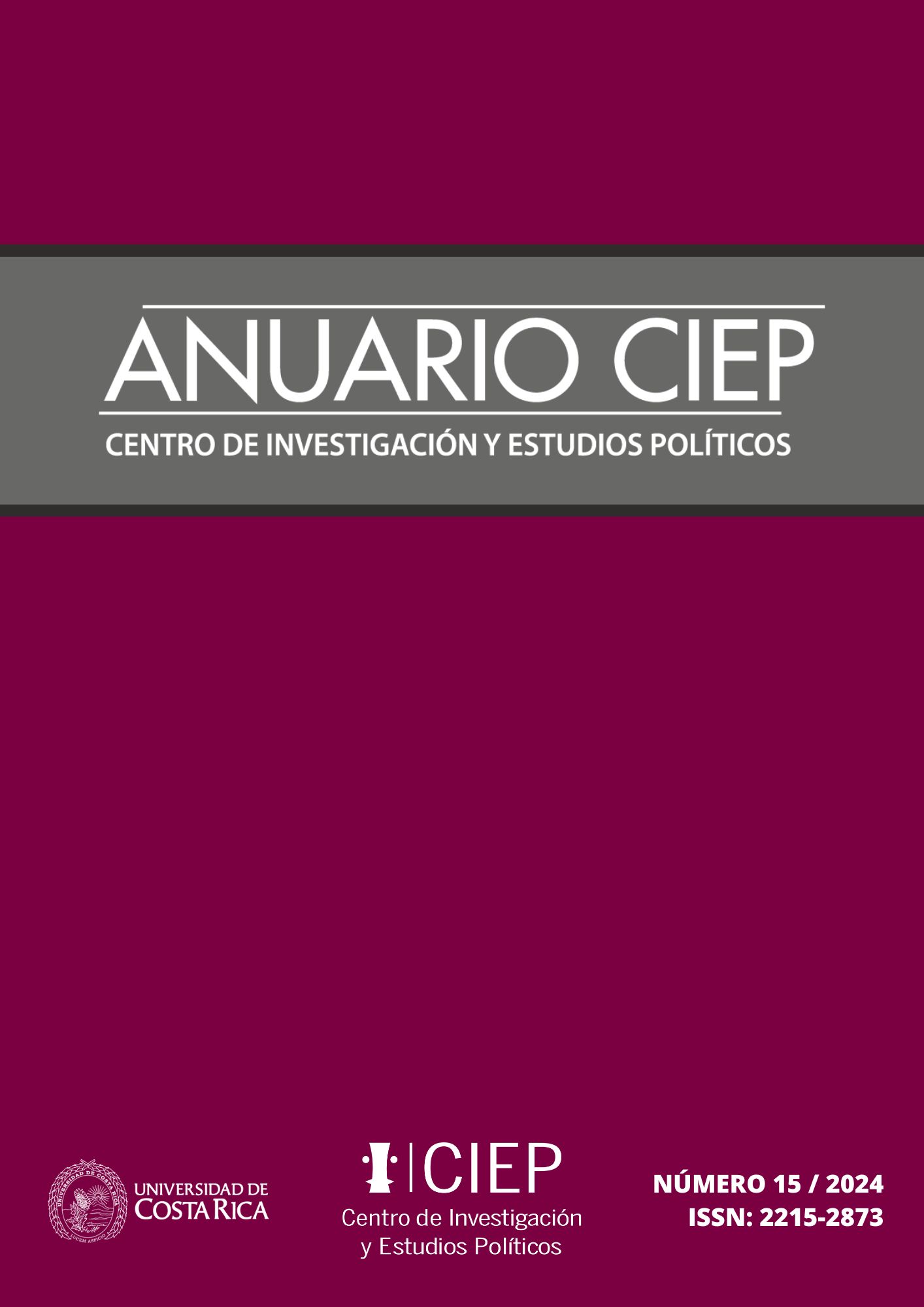Abstract
Family planning services began to be officially developed in Costa Rica at the end of the 1960s; during their first years of existence, they were promoted by private organizations in conjunction with state institutions. With the government of Rodrigo Carazo starting in 1978, the program was criticized within the framework of the formulation of a population policy. During the 1980s, family planning was the subject of public debate, where the media were configured into platforms that allowed the exchange of opinions for and against it. This article aims to analyze the discursive deployment that occurred in those years, based on journalistic sources and state documents. Among the main criticisms of these services was the idea that an anti-natalist policy was being consolidated in the country, which followed the guidelines of foreign organizations, while the sectors that supported family planning emphasized that it was always a right and a voluntary service. The discussions were transformed in 1994 when the International Conference on Population was held in Cairo, highlighting positions for and against its Action Plan. The axes of the global debate on population turned towards other aspects such as reproductive rights and same sex relationships. It is concluded that, to understand the coordinates of the current debates around the self-proclaimed “pro-life” sectors and the struggles for the self-determination of bodies, it is necessary to have a historical vision that considers these antecedents.
##plugins.facebook.comentarios##

This work is licensed under a Creative Commons Attribution-NonCommercial-NoDerivatives 4.0 International License.
Copyright (c) 2024 José Daniel Jiménez Bolaños


